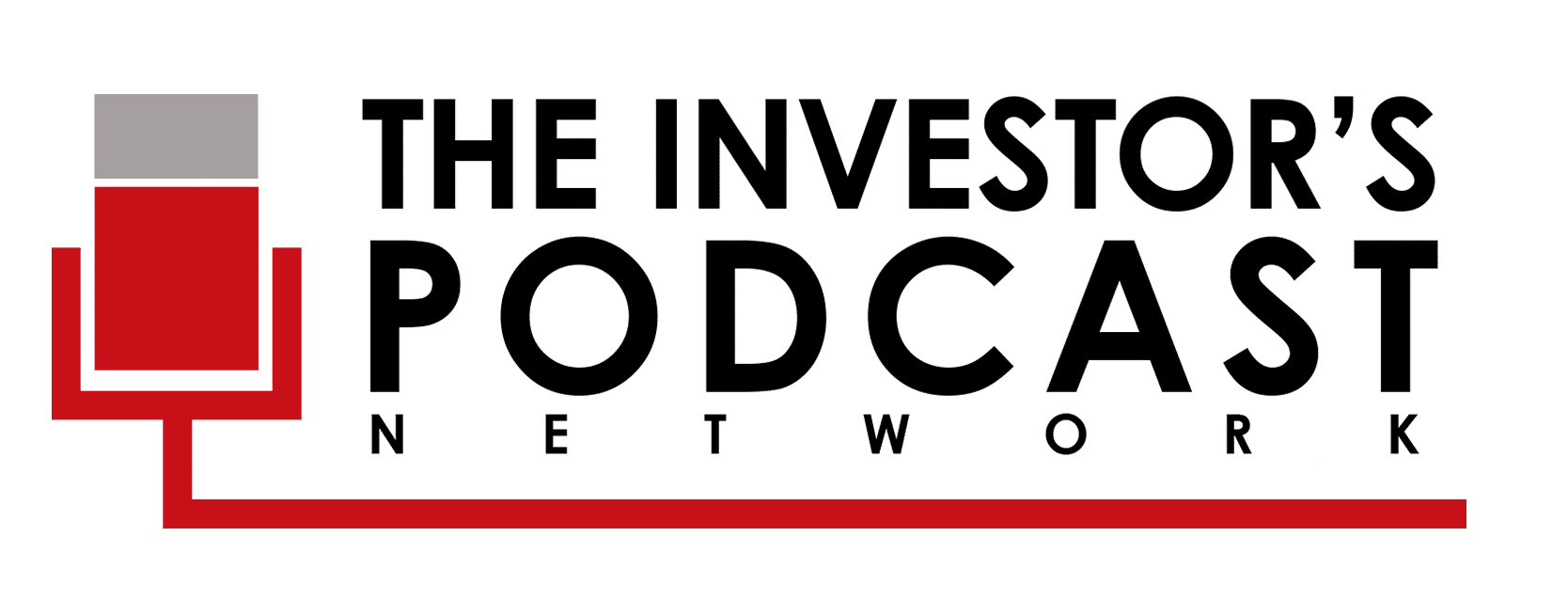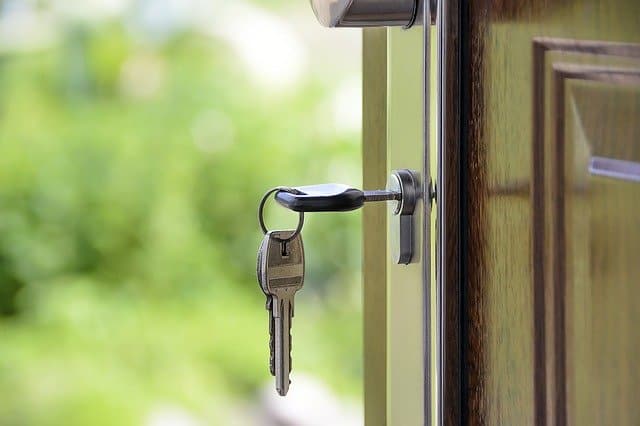CAN BLOCKCHAIN HELP MY MORTGAGING BUSINESS?
Given that the mortgaging process is typically a complicated one, permeated with expensive middlemen and never a straightforward process, it makes it the ideal target for disruption by blockchain. Blockchain – the decentralized ledger that is revolutionizing the way society operates – could have multiple applications in terms of making mortgaging a more automated, efficient, and less costly process. According to a Price Waterhouse Coopers report, which claims blockchain integration into the mortgaging process could result in cost savings of up to 1.7 billion dollars annually:
“Blockchain technology may radically alter the process through which consumers buy a home, as well as the way financial institutions handle mortgages. Specifically, the technology could remove cost and friction from the process, create transaction records that are infallible and incorruptible, and facilitate near-instantaneous settlement.”
But what are the key ways in which this hyper-advanced technology might be able to help mortgage lenders as a mortgage solution?
1. Document authentication abilities:
Blockchain comes with a pretty powerful characteristic – document authentication – which can confirm that data uploaded to the network is coded with specific sequences that must match the specific hash sequence of the network. If the sequence does not match then the process is flagged as such, removing the need for lenders to oversee verification and notarization process to confirm documents as authentic and valid, since the blockchain technology does it for them. Furthermore, since the blockchain process helps prevent error, there will be fewer data input errors.
2. Reduction in the cost of using third-party vendors:
Due to the automated nature of blockchain, mortgage lenders would not need to secure the costly services of third parties to help oversee and finalize mortgaging transactions, not to mention see a reduction in the underwriting fees, legal fees, levies, and more expenses usually paid as part of the mortgage process.
3. Speed up and streamline the entire process:
Currently, the process for mortgage approval takes between 24 and 48 days. With the aid of blockchain’s smart contract abilities and distributed ledgers, which effectively cut out the middlemen, this could be significantly reduced. Experts believe that using blockchain, the approval process could take a number of hours as opposed to weeks.
As always, the challenge with implementing blockchain into the mortgage process lies in the complexity of the lending infrastructure. There are multiple lenders, servercers, title companies, and of course loan purchases participating in the process, operating from all over the world, and before we can see the widespread adoption of the technology there are many elements of its usage that need to be “nutted out”, still. Given the key problems that continue to exasperate everyone operating in the lending space, though – high costs, lengthy processing times, and lack of transparency among them – I can see blockchain making a huge impact in mortgage lending over the coming years. The fact remains that blockchain has the potential to completely revolutionize the mortgage industry, and so with time, I expect that this will happen despite the challenges.




